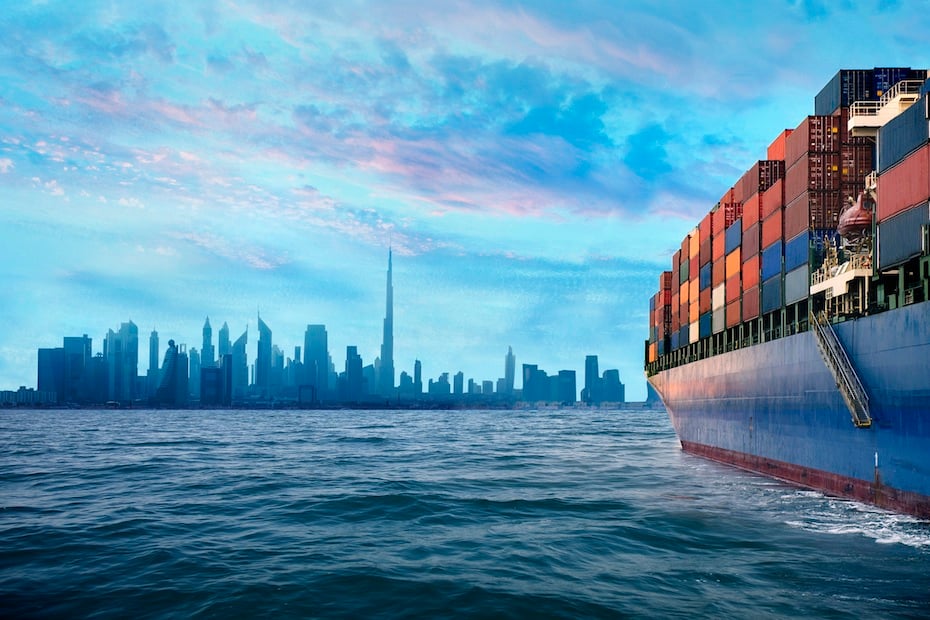International trade requires more than just logistics. When businesses or individuals plan shipping from UK to Dubai, understanding tax obligations is vital. Taxes and duties directly affect costs, delivery timelines, and overall compliance with regulations. This guide explains how taxes apply, what to expect, and how to manage them efficiently.
Customs Duties and Import Taxes
When goods arrive in Dubai, they pass through customs clearance where duties and taxes are applied. The standard customs duty in the UAE is around five per cent of the cost, insurance, and freight (CIF) value, though this can vary depending on the product. Certain categories, such as alcohol or tobacco, attract significantly higher rates due to excise taxes.
Goods with declared values below a threshold may qualify for exemption. However, under-declaring value can lead to penalties, delays, or confiscation of goods. For smooth clearance, accurate documentation with proper invoices is critical.
VAT on Imported Goods
The UAE introduced Value Added Tax (VAT) at a rate of five per cent. This applies to most imported items unless specifically exempt. VAT is calculated on the total value of the goods, including shipping charges and any customs duties.
For businesses registered for VAT in the UAE, paid VAT can often be reclaimed as input tax, provided the imports relate to taxable supplies. For individuals, VAT remains an additional cost on top of duties.
Documentation and Compliance
Clear and complete paperwork reduces customs issues. Required documents typically include:
- A commercial invoice listing the value and description of goods
- A packing list detailing quantities and weights
- A bill of lading or airway bill depending on the mode of transport
- A certificate of origin, sometimes mandatory depending on trade agreements
Incomplete or inaccurate paperwork is one of the most common reasons for shipment delays. Ensuring all forms reflect true values and descriptions helps speed up clearance.
Location Focus: Dubai’s Trade Environment
Dubai positions itself as a global trade hub, with ports like Jebel Ali and airports such as Dubai International handling vast cargo volumes daily. Its strategic location between Europe, Asia, and Africa makes it a key centre for re-export as well.
The city operates several free zones where goods can be imported, stored, and re-exported without customs duties, provided they do not enter the mainland market. Companies using these zones benefit from tax incentives, though once goods move into Dubai’s local market, standard duties and VAT apply.
Common Exemptions and Special Cases
Certain essential goods, such as medicines and educational materials, may be exempt from customs duties or VAT. Trade agreements between the UK and the UAE may also reduce or eliminate tariffs on specific categories. Businesses dealing in sensitive items like electronics or luxury goods should check updated lists of exemptions and restricted items before shipping.
Special excise taxes apply to products considered harmful to health, such as soft drinks, energy drinks, and tobacco products. These can be much higher than standard duties, sometimes reaching 50–100 per cent.
Cost Calculation Example
If a business exports furniture worth £5,000 to Dubai with £500 in freight charges, customs duties at five per cent would be applied on the CIF value of £5,500. This equals £275 in duty. VAT at five per cent would then apply on the total (£5,775), adding another £288.75. The final landed cost becomes £5,563.75, excluding handling fees.
Such calculations highlight why budgeting for taxes and duties is essential. Ignoring these figures can significantly affect profit margins or final costs to customers.
Practical Tips for Shippers
- Always declare goods honestly and attach detailed invoices
- Check whether the product category qualifies for exemptions or reduced duty
- Use Harmonised System (HS) codes correctly to avoid misclassification
- Factor in both customs duties and VAT when pricing goods for customers
- Consider using free zones if goods are meant for re-export rather than local sale
Conclusion
Taxes are an unavoidable part of international logistics. For anyone engaged in shipping from UK to Dubai, being aware of customs duties, VAT, and possible exemptions ensures smoother trade and fewer financial surprises. Careful planning, accurate documentation, and awareness of Dubai’s trade environment not only save time but also reduce risks of penalties and delays. Understanding these rules gives businesses and individuals confidence to trade securely between the UK and Dubai.





